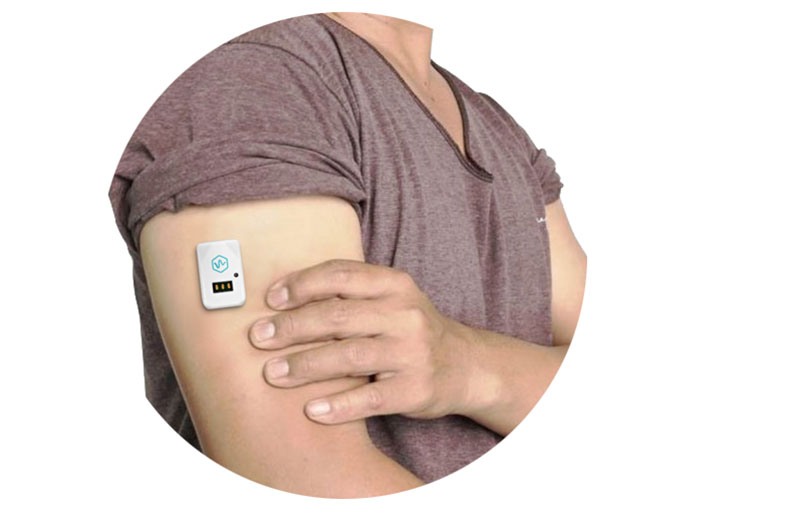
The wearable device market is largely driven by the increasing awareness of healthy lifestyle and fitness. In addition, recent technological advancements such the Internet of Things (IoT), which has opened the door to more sophisticated applications being integrated into wearable devices, has also pushed the popularity of some of the devices to new highs. Nowadays, with a global pandemic putting pressure on healthcare systems, such technological innovations can play a crucial role in helping to manage the infrastructure. Additionally, the wearable technology market size has the potential to grow by USD 35.48 Billion during 2020-2024 according to data provided to Technavio. The research also indicates that the market’s growth momentum will accelerate during the forecast period because of the steady increase in year-over-year growth.
Read more Health Monitoring Features Propelling Wearables Market, Expected To Reach USD 74.03 Billion by 2025
Generally, the broad scope of digital health includes categories such as mobile health (mHealth), health information technology (IT), wearable devices, telehealth and telemedicine, and personalized medicine. And, many medical devices now have the ability to connect to and communicate with other devices or systems. The FDA has recognized the importance of such devices in the recent crises, and has cleared 2 wearable devices for monitoring patient vital signs, says a press release.
Nemaura Medical announced in April plans for a new product line by seeking to immediately repurpose sugarBEAT® as a CTM since its inbuilt temperature sensor is capable of continuously tracking body temperature through the skin. Nemaura is considering various options to expedite the launch of a CTM, including potential partnerships and direct to consumer sales. CTM’s have been recognized as potentially having a key role in battling COVID-19, with Google’s Verily announcing plans to develop a small body-worn temperature patch that transmits data to a phone application to provide timely notification of fever and support earlier diagnosis and treatment of viral infections like the flu or coronavirus.

Co-Diagnostics, Inc. announced earlier in May the publication of a paper showing its Logix Smart™ COVID-19 Test Kit was used to demonstrate that the SARS-CoV-2 virus can be detected in cancer tissue of coronavirus patients, even before symptoms occur. The peer-reviewed paper, published in the Journal of Clinical Pathology, described a study performed at the European Institute of Oncology in Milan, Italy.
iBio, Inc. announced back in June that IBM Watson Health had selected iBio to receive 18 months of use of the IBM Clinical Development (ICD) solution, free-of-charge. IBM Watson Health recently began offering its ICD solution to eligible trial sponsor organizations as part of its efforts to help support the medical community to address the COVID-19 pandemic. IBM Watson Health has received interest in the offering from numerous hospitals, sponsors, contract research organizations and academic institutions, and is currently enabling 15 COVID-19 disease trials.
Read more Johnson & Johnson Collaborates with Apple to Use its App with Apple Watch in AFib Study
FLIR Systems, Inc. announced earlier in June the FLIR Screen-ESTTM software for FLIR T-Series, Exx-Series, and A-Series thermal imaging cameras. The software provides automatic measurement tools that perform elevated skin temperature screenings of individuals in two seconds or less at entries, checkpoints, and other high-traffic areas while maintaining recommended social distancing guidelines.
Johnson & Johnson announced back in June that through its Janssen Pharmaceutical Companies it has accelerated the initiation of the Phase 1/2a first-in-human clinical trial of its investigational SARS-CoV-2 vaccine, Ad26.COV2-S, recombinant. Initially scheduled to begin in September, the trial is now expected to commence in the second half of July.











